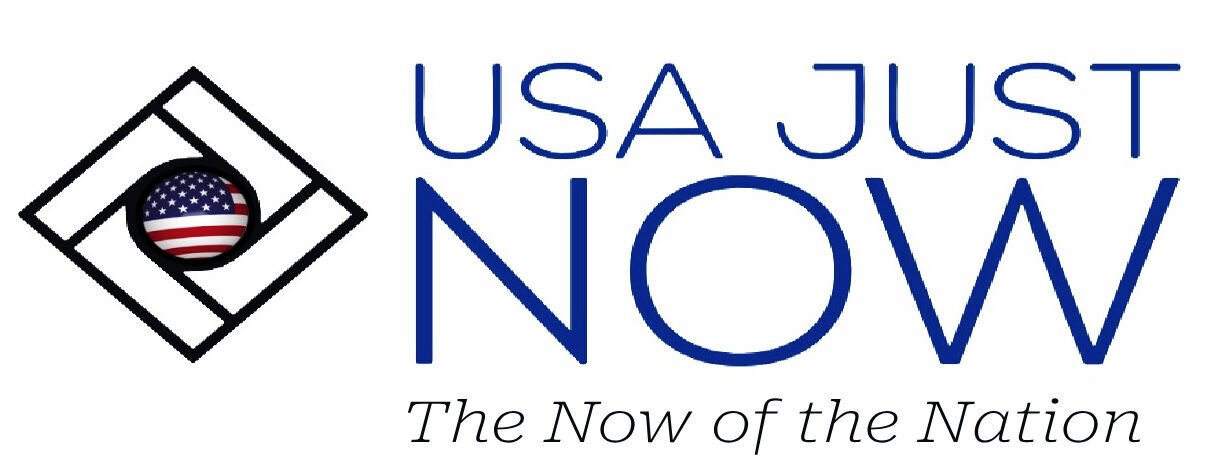Image Courtesy: Gage Skidmore from Surprise, AZ, United States of America, CC BY-SA 2.0, via Wikimedia Commons
Buenos Aires, Argentina – Argentina’s political landscape underwent a “A significant reshaping of Argentina’s political landscape occurred this past Saturday, October 26, as Argentina’s Milei Secures Key Midterm Gains, with his libertarian coalition, La Libertad Avanza (LLA), celebrating a commanding victory in the country’s midterm elections. The results, which exceeded many expectations, hand Milei’s administration enhanced legislative power crucial for pushing forward its ambitious and often contentious economic overhaul.
Strengthening the Mandate: Election Outcomes
Preliminary tallies indicate LLA successfully expanded its presence across both chambers of Argentina’s Congress. The party reportedly garnered nearly 41% of the nationwide vote, securing an estimated 64 of the 127 seats in the lower house and notably increasing its Senate representation. This substantial gain, less than a year into Milei’s presidency, is widely seen as a robust public endorsement for his radical economic agenda. It positions him more effectively to advance key legislation aimed at dismantling decades of state intervention, despite not yet achieving an outright majority. This expanded congressional presence will be vital, for instance, in potentially blocking opposition attempts to overturn his vetoes on legislation concerning critical areas like education, disability support, and healthcare.
Milei’s Vision: Reforms and Economic Stability
President Milei’s rise to power was fueled by promises of drastic measures to stabilize Argentina’s economy, which has long grappled with soaring inflation and pervasive poverty. His core proposals include dollarizing the economy, implementing severe fiscal austerity through deep spending cuts, and privatizing state-owned enterprises. The midterm success suggests that a significant portion of the electorate remains committed to this bold vision, viewing it as the necessary medicine for the nation’s financial ailments.
His government has already pointed to early signs of progress, including successfully curbing inflation from a high of 12.8% to approximately 2.1% and achieving a fiscal surplus. These initial indicators, coupled with deregulation policies, have garnered cautious optimism from some international investors and global financial markets, keen to see if Argentina can finally break its cycle of economic instability.
International Backing and Geopolitical Implications
Adding a significant geopolitical dimension to Milei’s reform efforts is the explicit backing from the United States. The Trump administration has reportedly pledged up to $40 billion in financial aid to Argentina, intended to bolster the nation’s economic recovery. This support package, while substantial, is understood to be partly contingent on Milei maintaining political momentum and continuing with his market-friendly reforms. This international partnership underscores the global interest in Argentina’s economic experiment and its potential to influence regional and global financial dynamics.
Expert Commentary: The Road Ahead
Political analysts acknowledge the strategic importance of this electoral triumph. “This midterm win provides a much-needed political tailwind for Milei, consolidating his position considerably,” observed a Buenos Aires-based political strategist. “However, the true test will be his administration’s ability to translate this electoral support into sustained legislative victories. Implementing the more radical aspects of his agenda, like full dollarization, will still require skillful negotiation and potentially building broader alliances in a still-divided Congress, as well as managing any social unrest that austerity measures might bring.”
Local Perspectives: A Nation Divided by Hope and Concern
Across Argentina, the election results have sparked a range of emotions, reflecting the deep divisions regarding the nation’s future direction. In urban centers, many of Milei’s ardent supporters celebrated the outcome as a definitive rejection of the traditional Peronist model, which they attribute to years of economic mismanagement. “This is a vote for real change, for taking the tough but necessary path to finally fix our country,” stated a jubilant small business owner in Rosario. Conversely, concerns persist among some citizens and opposition factions regarding the social costs of drastic austerity measures and the potential for increased hardship for vulnerable populations. The country remains engaged in an intense national dialogue about the human impact of this ambitious economic transformation.
Conclusion
President Javier Milei’s resounding victory in Argentina’s midterm elections marks a pivotal moment, providing his libertarian movement with strengthened political capital in Congress. This mandate, supported by promising early economic indicators and significant international financial backing, empowers his government to accelerate its program of deep market-oriented reforms. As Argentina embarks on this bold new chapter, the world watches closely to see if political will and a clear electoral endorsement can successfully navigate the formidable challenges ahead and deliver lasting economic stability and growth for its citizens.




